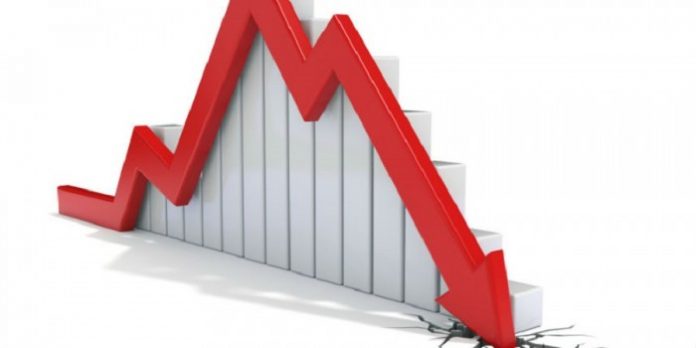According to the latest data from the Pakistan Bureau of Statistics (PBS), short-term inflation in Pakistan decreased by 0.02% in the week ending Friday, compared to the previous week. However, the year-on-year inflation remained higher, rising by 5.03% compared to the same period last year.
The weekly price changes were observed across 51 essential items, with 22 items (43.14%) experiencing price increases, 4 items (7.84%) seeing a price decrease, and 25 items (49.02%) remaining unchanged. Significant price drops were seen in wheat flour (down by 9.80%), chicken (down by 3.20%), bananas (down by 3.10%), and gur (down by 0.30%).
On the other hand, the most notable increases were recorded in onions (up by 12.17%), tomatoes (up by 10.47%), potatoes (up by 3.57%), LPG (up by 3.10%), and rice IRRI-6/9 (up by 1.63%). Other items with significant price increases included eggs, sugar, and pulses, with price hikes ranging between 1.33% and 1.52%.
Year-on-year, prices showed a more pronounced shift, with an overall rise of 5.03%. Some of the major price decreases observed were in onions (down by 40.28%), garlic (down by 26.69%), electricity charges for Q1 (down by 21.37%), and pulses like mash and gram, which saw declines of up to 20.89%. On the flip side, prices of tomatoes surged by 90.07%, while other essential items like ladies’ sandals, gas charges, and sugar saw increases ranging from 29.33% to 55.62%.
In terms of income group analysis, the lowest income group saw a slight weekly decrease in inflation of 0.13%. However, on a year-to-year basis, the inflation rate for the lowest income group rose by 5.85%, reflecting a broader trend of higher inflation across all income segments, which showed changes between 4.15% and 5.85%.
Meanwhile, the average price of Sona urea increased slightly by 0.21% from the previous week to Rs4,388 per 50 kg bag, but it was 5.98% lower compared to last year. Cement prices, on the other hand, were recorded at Rs1,408 per 50 kg bag, a minor decrease of 0.04% from last week, and 4.55% lower compared to the same period last year.
The PBS tracks short-term inflation using the Sensitive Price Index (SPI), which monitors the price movement of essential goods weekly to provide insights into the country’s price trends. The SPI includes 51 essential items collected from 50 markets across 17 cities in Pakistan.




